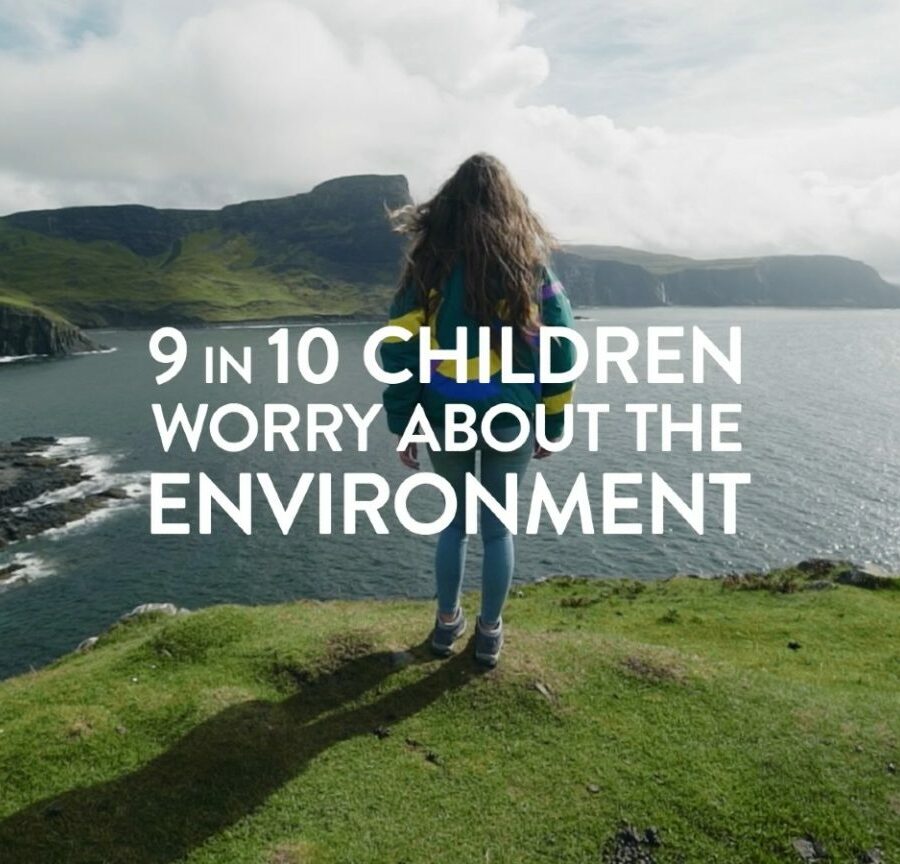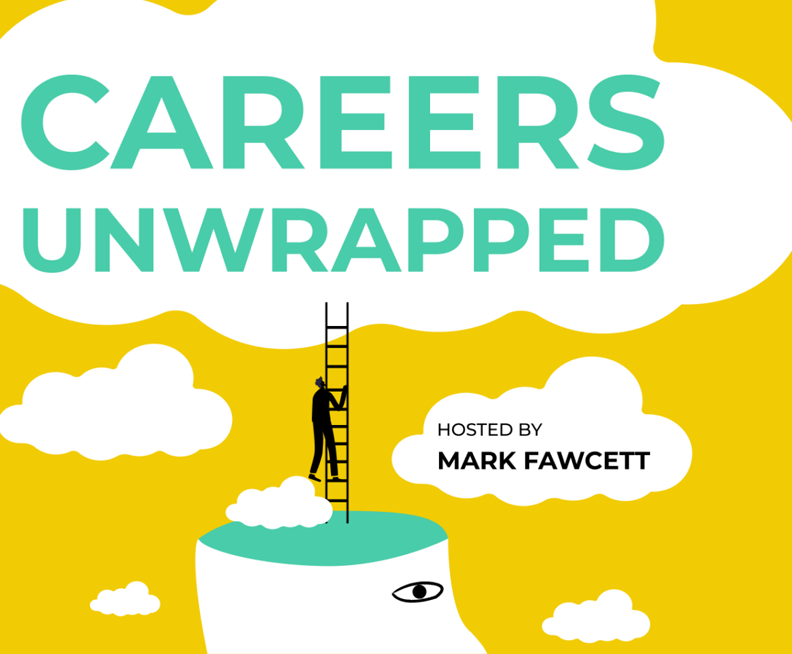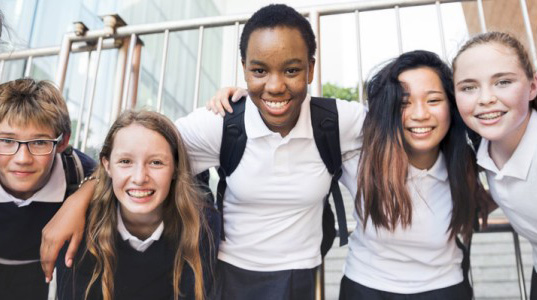The future of your business depends on how well you understand young people.

Back to school, not back to basics: how brands can play a role in education
8 September 2020
Brands have been involved with education for decades – but now is the time to reassess the support they provide.
Whatever your thoughts on football, you can’t fault Manchester United’s Marcus Rashford. Earlier this week, the 22-year-old assembled a taskforce boasting some of the UK’s biggest brands in a bid to tackle child food poverty. Asda, Deliveroo, Sainsbury’s, Aldi, Lidl, Kellogg’s, Waitrose and the Food Foundation have all stepped up.
It’s a stark reminder that millions of children across the UK aren’t even receiving basic meals. It also demonstrates how brands can be a force for good.
As the nation embarks on a return to school like no other, children, parents and teachers will need extra support to address the logistical and emotional challenges ahead. Brands that can play a valuable role at this anxious time will win over parents.
When brands are expected to have a purpose, doing nothing is not an option
Business, brands and charities have been involved with education for decades – but now is the time to reassess the support they provide against a much-changed landscape.
It’s crucial to pick an area where there is a genuine need for extra support and content. Teachers are under pressure like never before to deliver on learning objectives – do you know where your idea might fit into the curriculum? Is it a compulsory subject? Take time to understand how schools and teachers work: what are their priorities; how is the school assessed; what weighs on their minds?
Schools will be working to new routines and reduced timetables including elements of home schooling. Non-core subjects as well as some sports may be dropped; the same goes for extra-curricular activities and after-school clubs.
Brands can step in to fill the gaps. NatWest, for example, runs the UK’s largest financial education programme for young people and families. During lockdown the banking giant brought that service online, replacing its staff volunteer programme with its MoneySense Mondays on Facebook.
BP has been running its Educational Service for more than 50 years, offering science and technology resources for primary and secondary schools. When lockdown came, it repurposed classroom materials so parents could use them at home and keep their kids motivated and excited about science.
Brands such as Sainsbury’s still have enormous equity around past initiatives like Active Kids, and now might be the time to reimagine them to motivate children in what will be a difficult year ahead.
Supporting health and wellbeing
Physical and mental health are top of the agenda as schools return. The pandemic has generated fear and anxiety and taken away familiar routines. Parenting and teaching are harder than they’ve ever been. Everyone needs to feel positive and safe.
For younger children at school that can be something as simple as hand-washing advice from a friendly hygiene brand they recognise from home. That brand could also provide other health and safety advice and signage around topics such as social distancing and, for older pupils, how to wear a face covering correctly. Let’s also not forget the practical pressures schools face of having to provide huge quantities of wipes, tissues and cleaning products. Could your brand support here?
Opportunities for all
Home schooling may have been a breeze for the child with well-to-do parents, but for a child who shares a room and a computer with their sibling, whose parents struggle to make ends meet, it is likely to have been a real challenge. The gap that exists has got a whole lot wider and that’s a real concern for teachers.
Providing laptops and other practical support for use at school and home is an obvious initiative, but brands can also provide young people with the careers advice and preparation for the workplace that schools may now struggle to offer. Barclays Life Skills has done some admirable work here, and now might be a time for the brand to step up with a stronger virtual volunteering programme.
How to avoid the pitfalls
Put your brand through the “Daily Mail test”. Would the paper write a critical story? Would you want your child and school participating in it? Ask yourself honestly why you are doing it.
Does it come across as overly promotional? Can you truly say it’s not trying to use schools as a channel to offer discounts? Does it enrich not just the children’s experience, but the teachers’ too? Does it feel true to your brand and does it connect to your values, more than your products?
Marcus Rashford’s involvement in supporting families facing hardships is genuinely heart-warming, and a lesson to brands. If you can help, do. If you can’t, let someone else do it – those who abuse this opportunity will be remembered just as much as those who use it for good.
View other news & views

Scottish Water launches Generation H2O by We Are Futures
Read more
We Are Futures podcast-led initiative Careers Unwrapped helps brands develop talent in schools
Read more
It’s back to school time for brands: three lessons every client looking to engage with young people should learn.
Read more
Linkedin, Nintendo and Sky are Gen Z’s top employers
Read more
Nintendo and Spotify named as Gen Z’s favourite brands
Read more